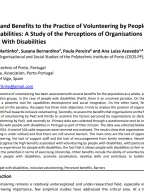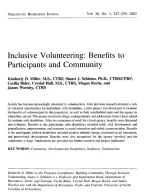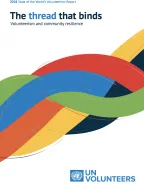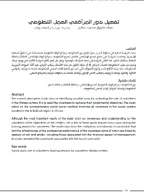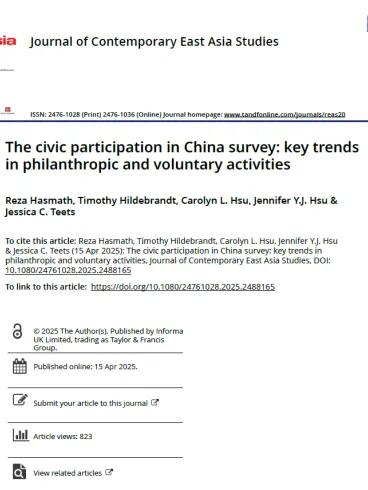
Fast read
This study outlines the methodology of a Civic Participation in China Survey (CPCS) and analyzes trends in civic participation in China, exploring connections to democratization and good governance.
Synthesis
- The CPCS is a nationwide, randomized online study of urban residents, conducted in four waves between 2018 and 2024. It examines philanthropic and volunteering activities, as well as perceptions of citizenship and civic engagement.
- It is a collection of individual-level information on philanthropy and volunteering behavior and paints a picture of authoritarian state-society relationships at a more nuanced level.
- The survey questions captured respondents’ attitudes toward, and experiences with, philanthropy and volunteering (state-led and citizen-initiated), as well as their understanding of which channels should be used to solve different social problems.
- The findings suggest that citizen-led volunteerism has largely increased in popularity due to the perception that state-led volunteerism is overly formalistic.
- By 2024, respondents increasingly believed the state could handle crises independently, reflecting rising political centralization. Distinctions between state-led and citizen-led volunteerism emerge, with skepticism toward the authenticity of state-driven efforts.













